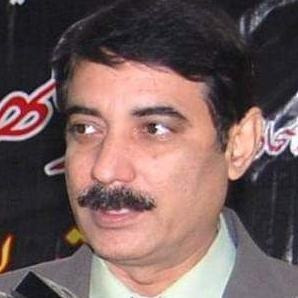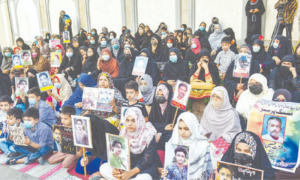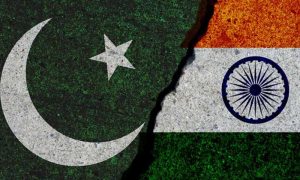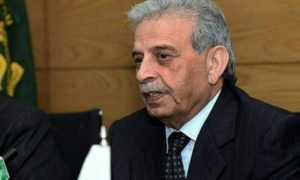Multan, which is also called the city of Saints, has a presence that can be traced across history. While its name may have undergone changes, the city has endured and thrived. Different invaders conquered Multan; some impacted the population, some altered crops, and some beautified the city. Muhammad bin Qasim reached Multan through Debal Port, giving rise to an area named after him, Qasim Bela. Alexander the Great also reached Multan during his conquest, facing a bloody skirmish at the Blood Tower before being buried in Alexandria.
Later, Afghan invaders arrived, and Mohammad Shah Abdali, the ruler of Afghanistan, opened his eyes in this city. The British eventually arrived, transforming the region. British rule led to the establishment of estates and landlords. After the British departure, parliamentary democracy took root, sometimes facing interruptions. Two political dynasties emerged – the Gilani family, originating from Gilani, and the Qureshi family, active in politics during the English era.
Today, both families dominate the city’s politics. Syed Yousaf Raza Gilani and Makhdoom Shah Mahmood Qureshi are currently active in representing these dynasties in parliamentary politics. The Qureshi family has a religious heritage, with revered figures like Bahauddin Zakariya and Shah Shams buried in their shrines. This religious legacy is also a political inheritance for the Qureshi family.
Before Shah Mahmood Qureshi, his father, Makhdoom Sajjad Qureshi, held political positions, reaching the role of Governor of Punjab. Shah Mahmood Qureshi initiated his political journey from the district council, eventually reaching the National Assembly. He served as Foreign Minister in both previous governments. His political journey involved affiliations with major parties – the PPP, PML, and PTI. Currently, both Gilani and Qureshi face challenges, with Qureshi serving a 10-year prison sentence, impacting Multan’s political landscape significantly.
Syed Yousaf Raza Gilani initiated his political journey from the district council, eventually reaching the National Assembly. He held various ministerial positions, became the Speaker of the National Assembly, and ultimately reached the prestigious position of Prime Minister. Currently, as a senator, he continues his political journey, playing a crucial role in the People’s Party and influencing politics in southern Punjab.
Javed Hashmi, observing these political dynasties, started his journey from student politics, later adopting the title of Makhdoom. Despite obtaining the shrine’s custodianship, he faced political battles and setbacks. In the recent elections, he initially submitted papers for National Constituency NA-149, and the senior politician was scheduled to run as an independent candidate from Multan’s seat in the polls, but he withdrew later; his withdrawal can definitely benefit the Pakistan Tehreek e Insaaf’s candidates who are contesting in this elections as independent candidates. Javed Hashmi has limited himself to only supporting his son-in-law in this election, who is a candidate for Pakistan Tehreek e Insaaf.
Shah Mahmood Qureshi, after contesting elections from two national constituencies in Multan, initially NA-151 and then NA-150, has faced both victories and defeats. Currently, his son, Makhdoom Zain Qureshi, and daughter, Mehr Bano Qureshi, are candidates for NA-151 and NA-150, respectively. Shah Mahmood Qureshi is in jail, making the election scenario in these constituencies quite interesting. The PTI’s election campaign has been made more difficult by the election commission taking away the party’s unified symbol, the bat, on the grounds that it hasn’t held intra-party elections. Now, each of the party candidate must run as an independent, each with their own symbol. Meher Bano, who, in the last by-elections, gave a tough time to the opponent Ali Musa Gillani, son of Syed Yusuf Raza Gilani, lost NA-157 4 seats to him in those by-elections. The offspring of two well-known, diametrically opposed political figures were competing for a National Assembly seat in Multan, their hometowns. Since considering her result in the last by-elections, the Qureshi family has high hopes for her winning this time.
Syed Yousaf Raza Gilani and his three sons are contesting elections from Multan. Syed Yusuf Raza Gilani is himself a candidate in this election, his one son, Abdul Qadir Gilani, is contesting from NA-152, and another son, Syed Ali Haider Gilani, is contesting from PP-213. Yousaf Raza Gilani is facing off against Malik Ahmed Hussain Deharr, a formidable member of the Pakistan Muslim League-Nawaz (PML-N), and Barrister Taimur Malik, who is supported by the PTI, in NA- 148 which is another Multan constituency. This presents a unique situation with four candidates from the same family contesting on four different seats.
This election is noteworthy as, like other dozen PTI candidates, Shah Mehmood Qureshi, who is currently the head of the Qureshi family head, is in prison and is barred from running in upcoming elections. The family can either play this situation to play the victimhood card, highlighting oppression or deprivation, or to capitalize on past slogans. Success in bringing out voters on polling day will determine the outcome, and it will influence voters towards an overall turnout in the election.























